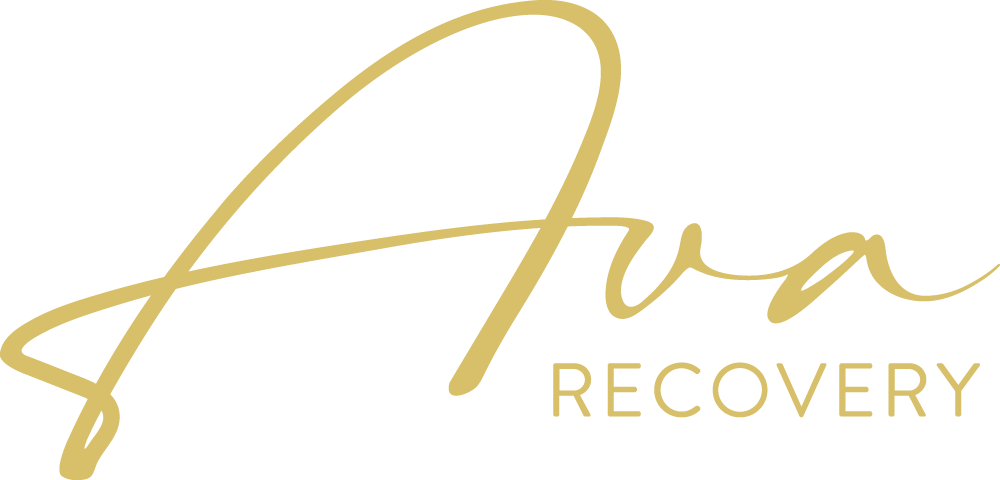Anyone who is in recovery or has dealt with trauma needs to build coping skills that help when things get stressful, overwhelming, or otherwise difficult. No matter how hard you work in your recovery or sobriety, you cannot control how other people behave in the world around you, what stresses you encounter on a regular basis, or how difficult things might be.
However, the thing that you can control is your response to those stressors, to those triggers, and do anything related to your trauma and addiction.
Building Coping Skills for Trauma and Addiction Triggers
The best way that you can control your response for the better, without turning to drugs, is to build emotional resilience, prioritize self-care, and stay focused on what matters most.
Recovering from Failures
One way that you can build coping skills to overcome trauma and addiction is to build your emotional resiliency. Emotional resiliency ties directly to how quickly and effectively you are able to recover from stressful or emotionally taxing situations including previous trauma and triggers of your addiction.
To help with this it’s important that you learn to recover from failures by thinking about things that you are good at no matter how small they might be when you feel like you have failed.
Days where things are overwhelming, make a list:
- Are you good at organization?
- Are you a compassionate person?
- Are you good at cooking?
- Do you have a lot of patience?
- Do you work well with children?
- Are you good at keeping a house clean?
- Are you a safe driver?
There are so many good qualities that each person has, whether that’s gardening, playing a team sport, or individual skills like mathematics or organization and yet when you get triggered you might feel like a failure and fail to recognize how far you’ve come and what your foundation of strengths really is.
Self-Care Routines
When you develop self-care routines, it gives you something you can return to when you are triggered or otherwise overwhelmed.
Self-care routines will look different to everyone and might include things like:
- Developing new skills so that you learn to be more comfortable with stepping out of your comfort zone or building your confidence
- Finding ways to catch your thoughts when they start to spiral out of control and redirect them with things like humming or singing
- Limiting your exposure to stressful things like social media detoxes or avoiding particularly negative people
- Keeping good routines for sleep, exercise, and nutrition including stress relief activities like meditation or yoga
- Connecting with people you trust so that you aren’t isolated at a time when it might feel more comfortable to be isolated, but that isolation can make triggers for trauma and addiction worse
- Learning to ask for help when you need it whether that’s attending a support group or calling a friend
What you end up including in your self-care routine might involve the things that you learn while in recovery and might include things that you have learned throughout your journey to sobriety. It’s perfectly fine for that routine to change with time as you grow and your needs grow too.
Learn to Focus
When you are triggered, it can very quickly cause things like anxiety or depression and all of this can make it feel like things are outside of your control and you can’t focus or concentrate on the things that matter most.
Instead of letting anxiety or triggers pull you away from the present, coping mechanisms can help you learn to focus.
When you are moving forward after recovery, it’s important that you focus on your values, the things that you have decided to prioritize in life. To do this you might take time to exercise when you are feeling triggered, or write down some of your most important goals and figure out what small thing you can do today to make your life a little bit better tomorrow.
Overcoming Trauma and Addiction with Ava Recovery
At Ava Recovery, we provide trauma focused residential inpatient programs and detox services for our clients. At our residential treatment center, we focus on improving the complex and progressive conditions associated with substance abuse and mental health, particularly underlying trauma.
At our facility we recognize that things an addict does are done to meet needs but not always in the best of ways. That is why we focus on helping clients meet their needs without turning to substance abuse, by creating impactful changes to daily routine with healthy food and exercise provided by our professional chef and our workout center, as well as building coping skills for trauma and addiction triggers.
We are here to help you get the care you need with our trauma-focused treatment programs. To learn more, call our team at 833-330-3009.






